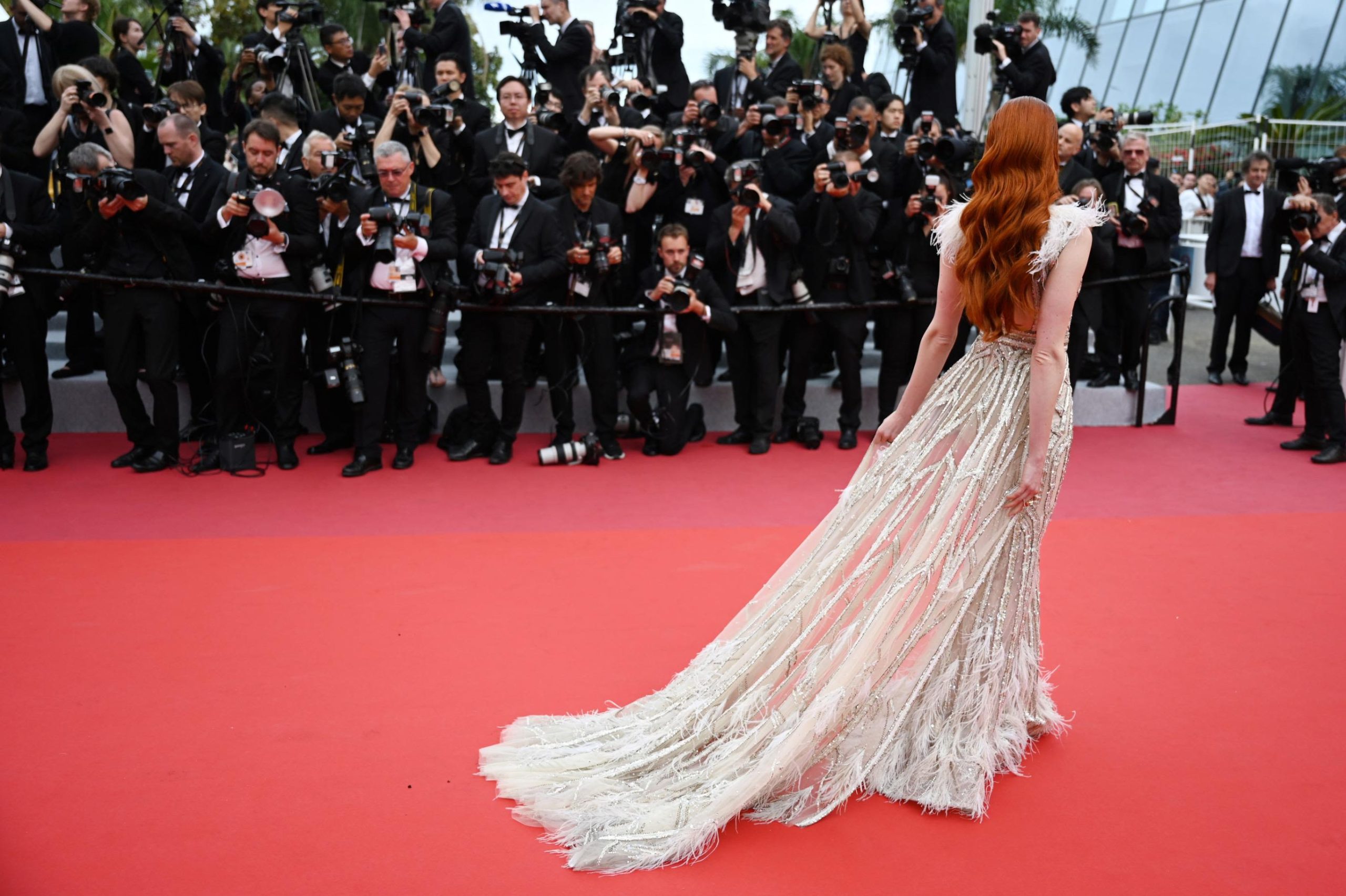The Cannes Film Festival stands as a beacon of excellence in the realm of international cinema, an event that has not just showcased films but has also significantly shaped global cinematic trends since its inception in 1939. From its humble beginnings to its status in 2019 as a pinnacle of cinematic celebration, Cannes has been a platform that has not only celebrated the art of filmmaking but has also influenced its evolution.
Table of Contents
Early Years versus Modern Era
In its early years, the Cannes Film Festival was envisioned as a means to celebrate international achievements in filmmaking, boost France’s cultural prominence, and provide a neutral ground for artistic exchange. It was a festival aimed at fostering cultural dialogue and artistic expression, free from the shackles of political and commercial pressures. Fast forward to 2019, and the festival has transformed significantly. While still honoring its artistic roots, Cannes has become a stage for global media coverage, commercial deals, and the growing influence of streaming giants like Netflix. The festival has had to adapt to the changing landscape of the film industry, balancing tradition with the demands of the modern era.
Films and Themes
The types of films showcased at Cannes have evolved over the decades. In its inaugural years, the focus was primarily on storytelling, cinematography, and direct narrative approaches. However, by 2019, Cannes had become a melting pot of diverse genres, innovative storytelling methods, and themes reflecting contemporary societal issues, technological impacts, and global cultures. From traditional narratives to experimental storytelling, Cannes 2019 was a testament to the ever-expanding boundaries of cinema.
Highlighted films from Cannes 2019 included:
- “Parasite” by Bong Joon-ho: This groundbreaking film blends dark comedy with thrilling elements to explore the deep-seated class divide in South Korea. “Parasite” tells the story of two families on opposite ends of the economic spectrum whose lives become intertwined in unexpected ways. Its win at Cannes for the Palme d’Or was only the beginning of its historic journey, culminating in becoming the first non-English language film to win the Academy Award for Best Picture. Its sharp social commentary, coupled with Bong Joon-ho’s masterful direction, makes it a landmark in contemporary cinema.
- “Once Upon a Time in Hollywood” by Quentin Tarantino: Set against the backdrop of 1969 Los Angeles, this film is a tribute to the final moments of Hollywood’s golden age. With Leonardo DiCaprio playing a fading TV actor and Brad Pitt as his stunt double and friend, the film weaves together a tapestry of stories culminating in the infamous Manson Family murders. Tarantino’s richly nostalgic film received acclaim for its direction, performances, and the meticulous recreation of late 60s Hollywood, making it a standout feature at Cannes.
- “Atlantics” by Mati Diop: Diop’s debut feature is a mesmerizing mix of romance, drama, and supernatural elements, set in the outskirts of Dakar, Senegal. It follows the story of Ada, who is in love with a construction worker, Souleiman, who disappears at sea with his coworkers, seeking a better future. As a mysterious fever starts to spread, the film delves into themes of love, loss, and the plight of migrants. Winning the Grand Prix at Cannes, “Atlantics” is notable for its haunting beauty and poignant storytelling.
- “Portrait of a Lady on Fire” by Céline Sciamma: This exquisite film is set in 18th century France and follows the forbidden romance between a young aristocrat and the female artist commissioned to paint her portrait. With every glance and brushstroke, their connection deepens, unfolding in a slow burn of desire and intimacy. Awarded the Queer Palm, Sciamma’s film is a powerful exploration of female desire, autonomy, and the artist’s gaze, celebrated for its striking visuals and emotional depth.
- “Les Misérables” by Ladj Ly: Inspired by the real-life riots in the Parisian suburb of Montfermeil in 2005, Ly’s film is a tense urban drama that examines the complex relationship between the neighborhood residents and the police. Through the eyes of a new cop in town, the film captures the escalating tensions that lead to a breaking point, reflecting on themes of injustice, poverty, and community. Winning the Jury Prize at Cannes, “Les Misérables” is a compelling, gritty portrayal of contemporary French society.
- “The Distance Between Us and the Sky” by Vasilis Kekatos: Presented as a short film, it depicts an unforeseen meeting between two individuals at a secluded gas station during the night. While it secured the Short Film Palme d’Or at Cannes, the reception of Kekatos’s film was mixed, with discussions arising over its narrative approach and the implications of its accolade amidst allegations of undisclosed alleged conflicts of interest. The film, thus, stands at a crossroads of contemporary cinematic narrative methods and the scrutiny of festival selection processes, reflecting broader debates within the film community.
Cultural Impact and Controversies
Over the years, Cannes has left an indelible mark on the cultural landscape, promoting French cinema on the global stage and influencing film trends worldwide. However, this journey has not been without its controversies. Debates over inclusivity, gender equality, and the role of streaming platforms have shaped the festival’s evolution. While Cannes has strived to maintain its prestigious status, it has also faced criticism for its lack of diversity and inclusivity in its selections. The festival has been forced to confront these issues head-on, sparking important conversations about representation and equality in the film industry.
Conclusion
As Cannes Film Festival journeyed from its inception to 2019, it underwent significant transformations, mirroring the evolution of the film industry itself. While the festival has managed to retain its prestige and relevance, it has also had to navigate the ever-changing landscape of cinema, grappling with issues of inclusivity, representation, and the rise of streaming platforms. Looking ahead, the future of Cannes remains uncertain, but one thing is clear: as long as there are stories to be told and voices to be heard, Cannes will continue to serve as a shining beacon of cinematic excellence on the global stage.














